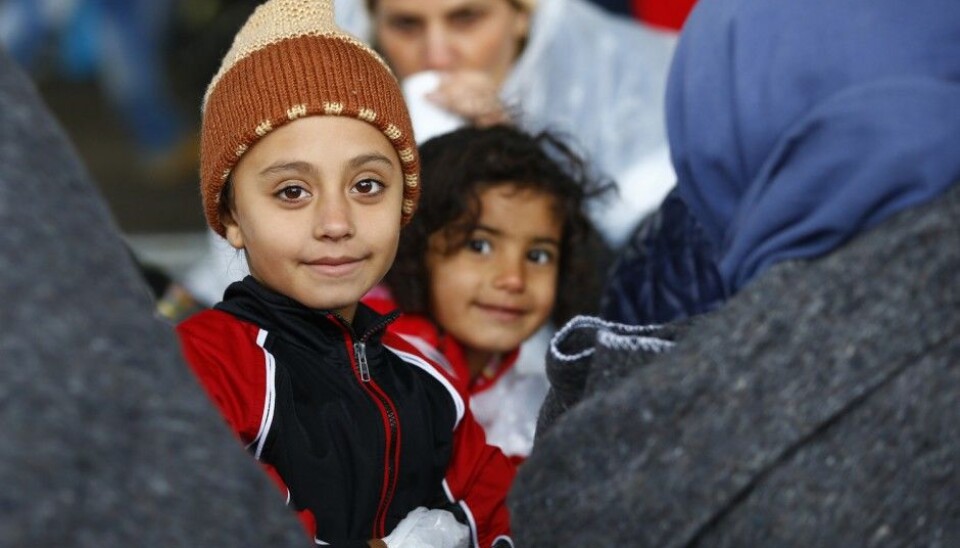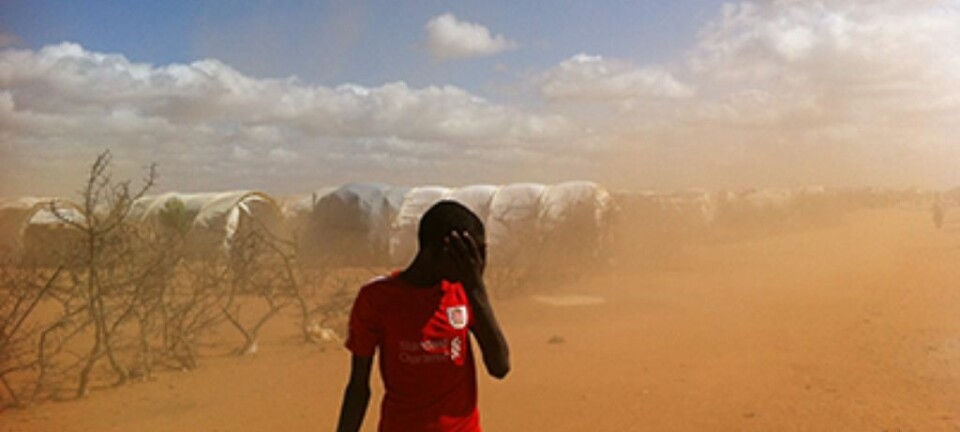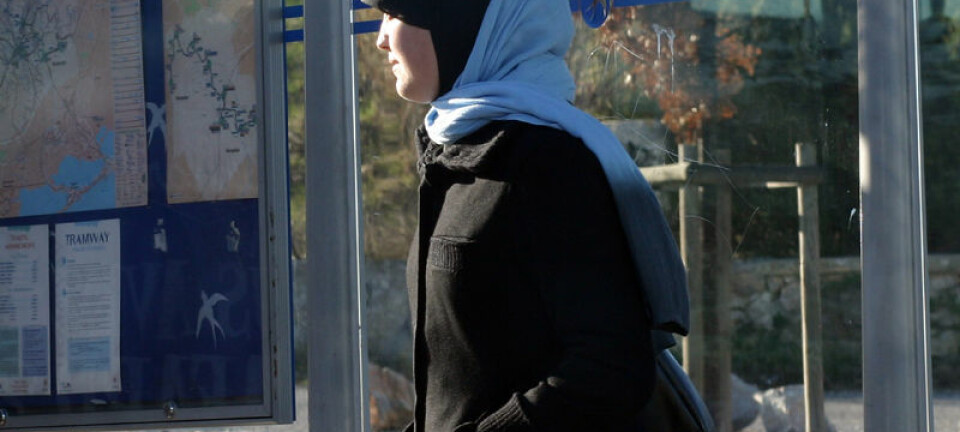
How do we receive unaccompanied asylum-seeking kids?
The guidelines can collide with reality, fear Swedish researchers.
Researchers at Gävle University College have written a book based on knowledge about child asylum seekers accumulated in Sweden.
The researchers see a problem in the ways which staff at institutions and hostels tackle the children.
They fear that the authorities’ guidelines regarding how to treat the children are out of touch with the reality shared by both the staff and these children who have come to Sweden on their own.
Thousand unaccompanied child refugees
In total this year, the Norwegian Directorate of Immigration (UDI) thinks a thousand unaccompanied asylum-seeking children might come to Norway. Over 90 percent of those who have arrived so far this year have been granted asylum.
Many of the children now live in private and state care centres, waiting for placements in Norwegian municipalities.
Often traumatised children
The unaccompanied minors who flee to Norway and Sweden are not only saddled with horrific experiences from wars and conflicts. Their burdens can include traumas from neglect or harm inflicted on them by parents, teachers or other close relations, according to a recent Norwegian study.
The Swedish researchers, however, assert that these kids can come through okay if properly understood by the personnel at the institutions receiving them.
“Psychological knowledge and language skills are great. But they aren’t enough.”
“Certain personal traits are important for understanding. Traits such as empathy, curiosity and respect,” says Sociology Professor Fereshteh Ahmadi at Gävle University College.
Respect both ways
The Swedish researcher also emphasises that the personnel who are involved with these children have to ensure that they are respected by them.
These are children who are used to adults maintaining a certain distance from them. They are accustomed to having to respect parents and other adults who are responsible for them.
“If you behave in a way which undermines such respect, you lose control of the kids.”
"It is important to be friendly. But it’s important to understand how these children view respect,” says Ahmadi in a press release from Gävle University College. She is a co-author of the book on unaccompanied child refugees.
Some are submissive
Some of these young asylum seekers have little self-esteem. This can contribute to their feelings later on of being second-class citizens, point out the Swedish researchers.
Other children who feel poorly treated can lash out and become hostile toward the Nordic society they encounter.
Fereshteh Ahmadi’s advice is to treat asylum children with more respect than they probably received in their homelands.
“If we do that we can enable them to discover the positive and valuable aspects of our society,” she says.
-------------------------------------
Read the Norwegian version of this article at forskning.no
Translated by: Glenn Ostling










